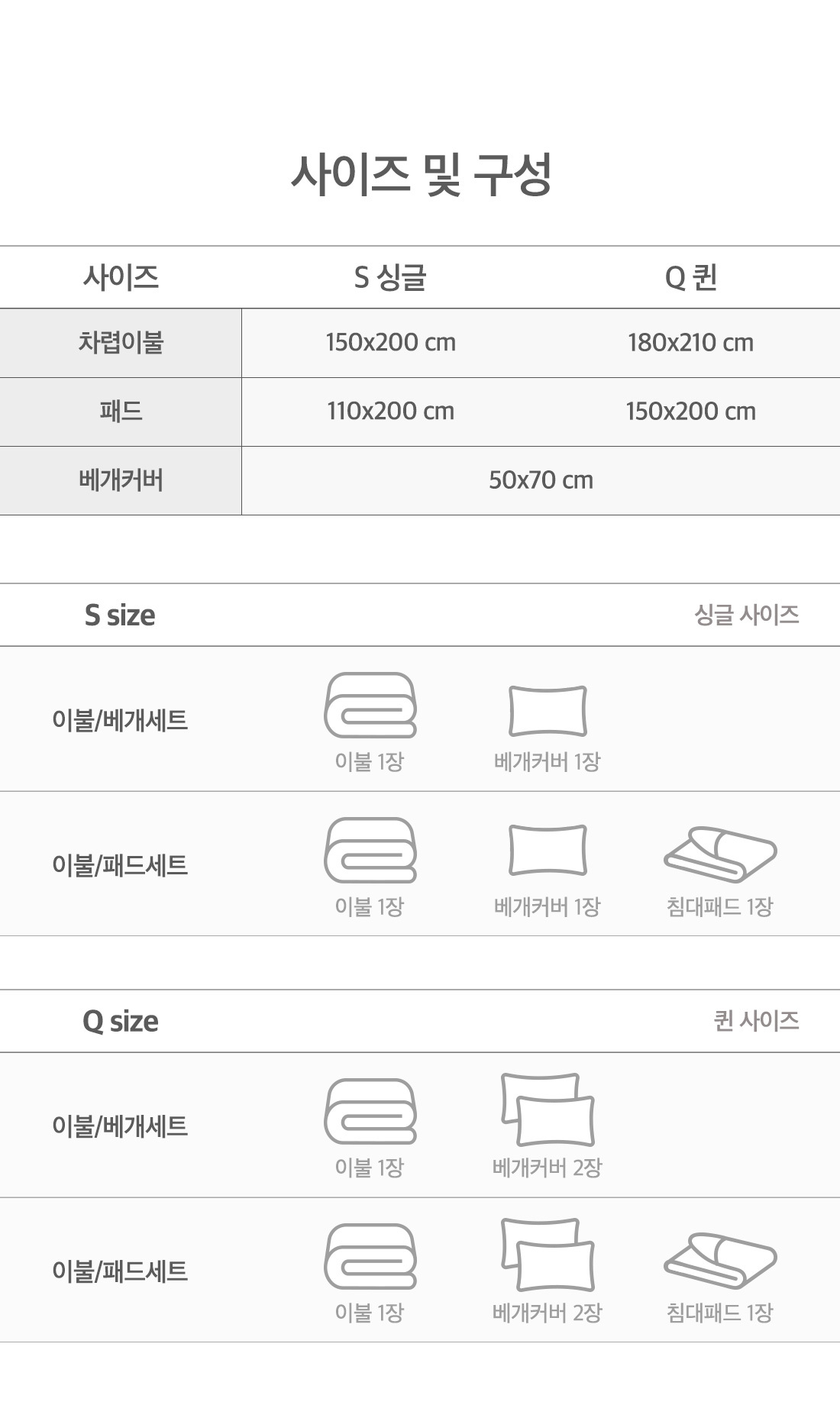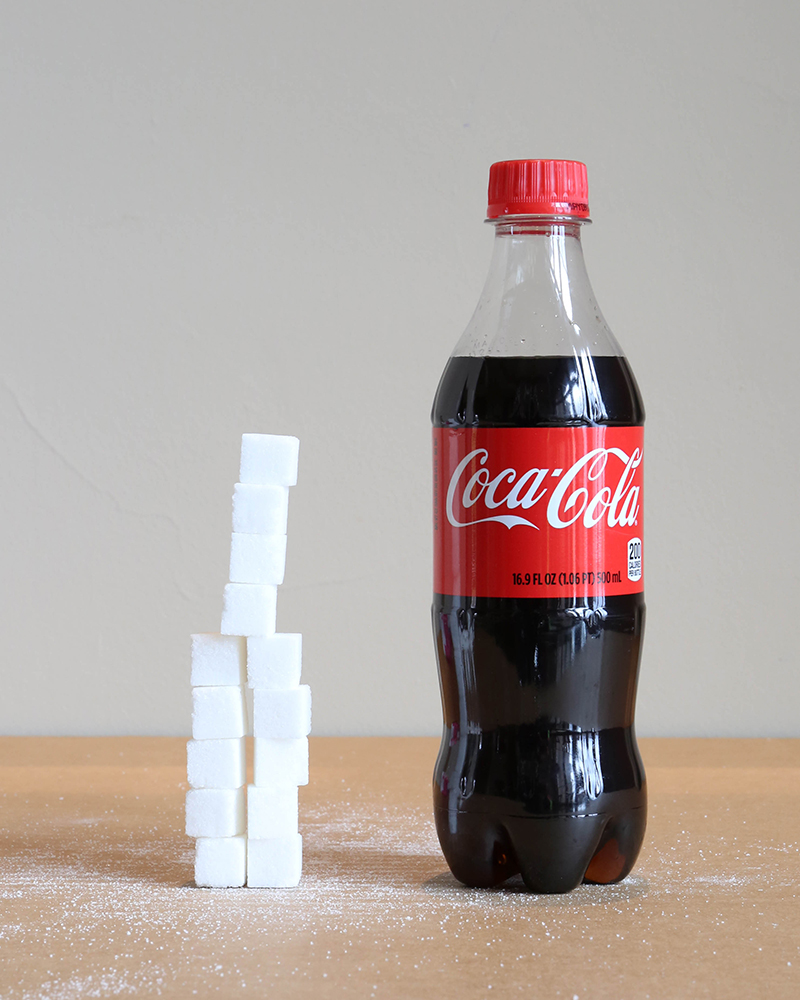Is 55g of sugar a lot? This is a question many health-conscious individuals ask as they navigate their daily dietary choices. Sugar consumption has become a significant concern in modern diets, with growing awareness of its impact on health. The World Health Organization (WHO) recommends that adults and children reduce their daily intake of free sugars to less than 10% of their total energy intake, which equates to approximately 50g for an average adult. However, the answer to whether 55g of sugar is a lot depends on various factors, including individual dietary needs, lifestyle, and overall health goals. Understanding these nuances can help you make informed decisions about your sugar intake.
Sugar plays a critical role in providing energy, but excessive consumption can lead to health issues such as obesity, diabetes, and heart disease. Many people underestimate how much sugar they consume daily, often through hidden sources in processed foods and beverages. By examining the context of your diet and activity levels, you can determine if 55g of sugar is a significant amount for you. This article will explore the factors influencing sugar intake, offer practical tips to manage it, and provide insights into maintaining a balanced diet.
As we delve deeper into this topic, we'll address common questions about sugar consumption, discuss how much is too much, and provide actionable advice for reducing sugar intake. Whether you're looking to lose weight, improve your overall health, or simply understand your dietary habits better, this guide will equip you with the knowledge you need to make healthier choices. Let's explore whether 55g of sugar is a lot and how you can adjust your diet accordingly.
Read also:Kyle Larsons Sister The Unsung Star Behind The Racing Legend
What Is the Recommended Daily Sugar Intake?
Understanding the recommended daily sugar intake is crucial for evaluating whether 55g of sugar is excessive. According to the WHO, free sugars should make up no more than 10% of your total daily calorie intake. For a typical 2,000-calorie diet, this translates to around 50g of sugar per day. However, the WHO suggests an even lower target of 5% for additional health benefits, which equates to about 25g of sugar. These guidelines highlight the importance of moderation and awareness in managing sugar consumption.
It's essential to differentiate between natural sugars found in fruits and vegetables and added sugars in processed foods. Natural sugars are generally healthier because they come with fiber, vitamins, and minerals that slow down their absorption. On the other hand, added sugars provide empty calories without nutritional benefits. By focusing on reducing added sugars, you can better align your diet with health recommendations.
How Much Sugar Is Too Much?
So, is 55g of sugar a lot? The answer lies in understanding the context of your overall diet. For someone following a 2,000-calorie diet and adhering to the WHO's 10% guideline, 55g of sugar might be slightly above the recommended limit. However, factors such as physical activity, metabolic rate, and individual health goals can influence how much sugar is too much for you. For example, an athlete with higher energy needs may tolerate more sugar than a sedentary individual.
It's also important to consider the source of the sugar. If the 55g comes primarily from natural sources like fruits, it may be less concerning than if it's derived from sugary drinks or desserts. Being mindful of where your sugar comes from and how it fits into your overall diet is key to making informed decisions.
Is 55g of Sugar a Lot for Everyone?
While the WHO guidelines provide a general framework, individual needs vary significantly. For instance, children and teenagers may have different requirements than adults. Additionally, people with certain health conditions, such as diabetes or insulin resistance, may need to limit their sugar intake further. Is 55g of sugar a lot for these individuals? Likely yes, as they may need to adhere to stricter guidelines to manage their health effectively.
Consulting with a healthcare professional or registered dietitian can help you tailor your sugar intake to your specific needs. They can provide personalized advice based on your age, weight, activity level, and health status, ensuring you stay within safe limits.
Read also:Discover The Flavorful World Of Carniceria Sonora
What Are the Health Risks of Excessive Sugar Intake?
Excessive sugar consumption is linked to several health risks, making it crucial to monitor your intake. Consuming too much sugar can lead to weight gain, obesity, type 2 diabetes, and heart disease. It can also contribute to dental problems, such as cavities and tooth decay. Understanding these risks can motivate you to make healthier choices and avoid overindulging in sugary foods and beverages.
Is 55g of Sugar a Lot When Considering Health Risks?
When evaluating whether 55g of sugar is a lot, it's essential to consider the potential health risks associated with excessive sugar consumption. Regularly exceeding recommended limits can increase your risk of developing chronic conditions over time. For example, a diet high in sugar can lead to insulin resistance, which is a precursor to type 2 diabetes. By keeping your sugar intake within healthy limits, you can reduce these risks and improve your long-term health.
How Can You Reduce Sugar Intake?
Reducing sugar intake doesn't have to be daunting. Here are some practical tips to help you cut back on sugar:
- Read food labels carefully to identify hidden sugars.
- Choose whole foods over processed options whenever possible.
- Opt for water or unsweetened beverages instead of sugary drinks.
- Use natural sweeteners like honey or stevia in moderation.
- Gradually reduce the amount of sugar you add to coffee or tea.
By incorporating these strategies into your daily routine, you can significantly lower your sugar intake and improve your overall health.
What Are the Benefits of Reducing Sugar Intake?
Reducing sugar intake offers numerous benefits, including improved energy levels, better weight management, and enhanced overall well-being. When you cut back on sugar, you may notice increased focus, fewer mood swings, and a reduced risk of chronic diseases. Additionally, reducing sugar can improve your skin health and promote better dental hygiene.
Is 55g of Sugar a Lot When Thinking About Long-Term Health?
When considering long-term health, is 55g of sugar a lot? It depends on how consistently you consume this amount and whether it fits into a balanced diet. Consistently exceeding recommended limits can lead to negative health outcomes over time. By adopting a mindful approach to sugar consumption, you can protect your health and enjoy a higher quality of life.
What Are Some Healthy Alternatives to Sugar?
If you're looking to reduce your sugar intake, there are plenty of healthy alternatives to consider. Here are a few options:
- Fruits: Natural sugars in fruits provide sweetness along with fiber and nutrients.
- Honey: A natural sweetener that contains antioxidants and can be used in moderation.
- Stevia: A zero-calorie sweetener derived from the stevia plant.
- Cinnamon: Adds sweetness to dishes without the added calories.
Experimenting with these alternatives can help you satisfy your sweet tooth while reducing your sugar intake.
How Can You Track Your Sugar Intake?
Tracking your sugar intake is an effective way to stay within recommended limits. Use apps or food journals to monitor the amount of sugar you consume daily. Pay attention to serving sizes and hidden sugars in processed foods. By being aware of your intake, you can make adjustments as needed to ensure you're staying within healthy parameters.
Is 55g of Sugar a Lot When Tracking Your Diet?
When tracking your diet, is 55g of sugar a lot? It depends on your overall caloric intake and the sources of the sugar. If you're consistently consuming more than the recommended amount, it may be time to reassess your dietary choices. By tracking your intake, you can identify areas where you can cut back and make healthier substitutions.
What Are Some Tips for Maintaining a Balanced Diet?
Maintaining a balanced diet involves more than just managing sugar intake. Here are some tips to help you achieve a well-rounded diet:
- Include a variety of foods from all food groups.
- Focus on whole, unprocessed foods.
- Limit saturated fats and trans fats.
- Stay hydrated by drinking plenty of water.
- Practice portion control to avoid overeating.
By following these guidelines, you can create a balanced diet that supports your overall health and well-being.
Conclusion: Is 55g of Sugar a Lot?
In conclusion, whether 55g of sugar is a lot depends on your individual circumstances, including your daily caloric needs, activity level, and health goals. By understanding the recommended guidelines, recognizing the health risks of excessive sugar consumption, and adopting strategies to reduce your intake, you can make informed decisions about your diet. Remember that moderation and balance are key to maintaining a healthy lifestyle. Stay mindful of your sugar intake and make adjustments as needed to support your long-term health and well-being.
Table of Contents
- What Is the Recommended Daily Sugar Intake?
- How Much Sugar Is Too Much?
- Is 55g of Sugar a Lot for Everyone?
- What Are the Health Risks of Excessive Sugar Intake?
- Is 55g of Sugar a Lot When Considering Health Risks?
- How Can You Reduce Sugar Intake?
- What Are the Benefits of Reducing Sugar Intake?
- Is 55g of Sugar a Lot When Thinking About Long-Term Health?
- How Can You Track Your Sugar Intake?
- Is 55g of Sugar a Lot When Tracking Your Diet?


